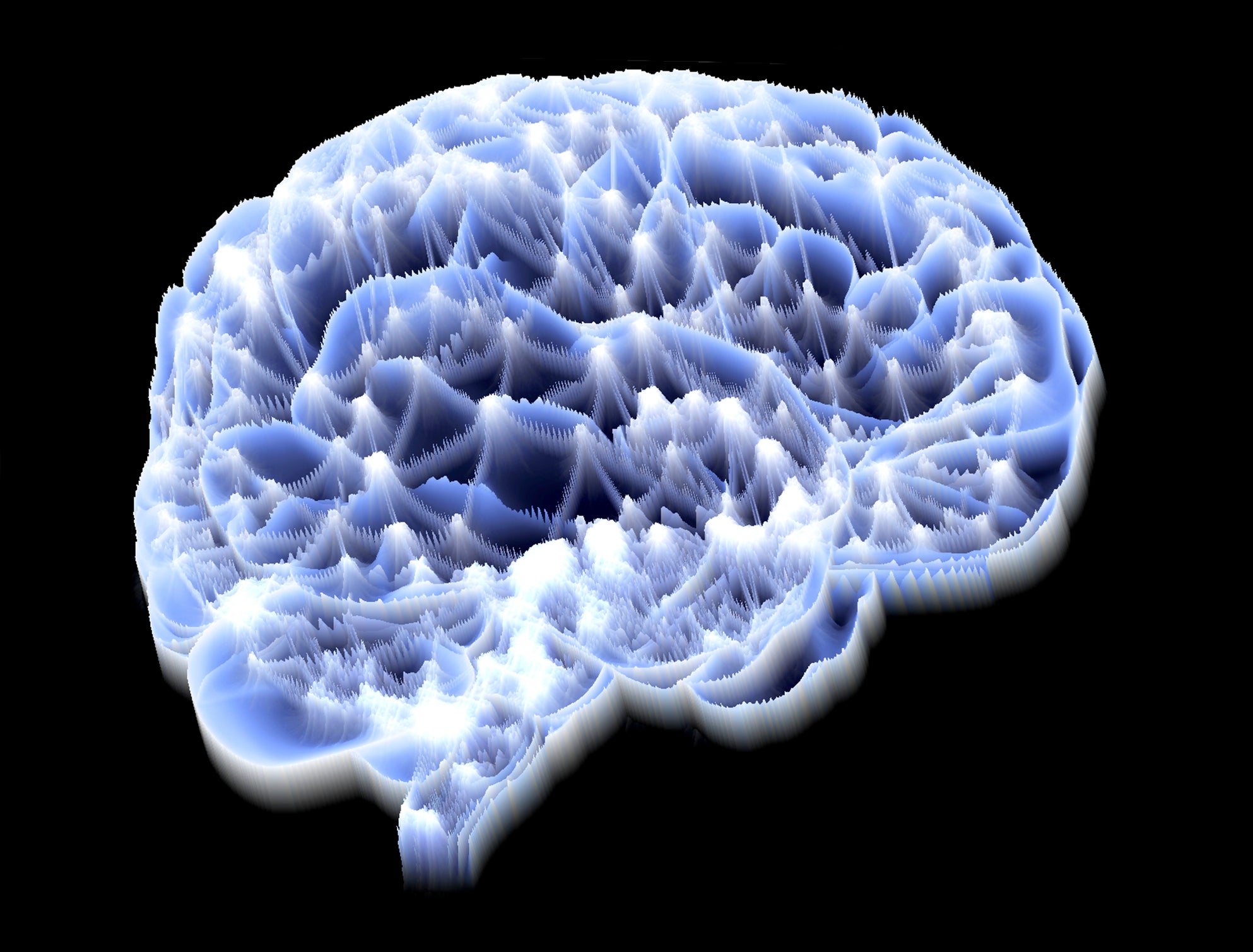Electric pulses to the brain can improve memory as much as 15 per cent, finds study
'We are now able to monitor when the brain seems to be going off course and to use stimulation to correct the trajectory'

Your support helps us to tell the story
From reproductive rights to climate change to Big Tech, The Independent is on the ground when the story is developing. Whether it's investigating the financials of Elon Musk's pro-Trump PAC or producing our latest documentary, 'The A Word', which shines a light on the American women fighting for reproductive rights, we know how important it is to parse out the facts from the messaging.
At such a critical moment in US history, we need reporters on the ground. Your donation allows us to keep sending journalists to speak to both sides of the story.
The Independent is trusted by Americans across the entire political spectrum. And unlike many other quality news outlets, we choose not to lock Americans out of our reporting and analysis with paywalls. We believe quality journalism should be available to everyone, paid for by those who can afford it.
Your support makes all the difference.Sending electric pulses to the brain can improve memory by as much as 15 per cent, scientists have found.
The team used a technique which monitors brain activity to identify when it’s not effectively storing new information, and send a helpful zap which helps commit it to memory.
It is the first time that consistent memory improvements have been demonstrated in a human trial, according to the new study's authors.
It represents and early step towards technologies that may one day improve memory function in patients with Alzheimer’s disease or traumatic brain injury.
“We are now able to monitor when the brain seems to be going off course and to use stimulation to correct the trajectory,” said Michael Sperling, a clinical study investigator at Thomas Jefferson University Hospital whose patients participated in the trial.
The research was funded by the US Department of Defense as part of its Restoring Active Memory (RAM) project which it hopes will develop implantable technologies to support veterans.
The team, from the University of Pennsylvania, used an AI system which can monitor brain activity and learn to trigger the electrodes when the subject’s memory is predicted to fail.
“Memory failures are frustrating and often the result of ineffective encoding," they wrote in the study, published in the journal Nature Communications. “One approach to improving memory outcomes is through direct modulation of brain activity with electrical stimulation.”
Deep brain stimulation has been used in treating conditions like Parkinson’s disease and epilepsy for decades, but it is now being looked at for conditions like Alzheimer’s disease and memory loss.
For the trial, the team recruited 25 epilepsy patients who had already undergone surgery to have electrodes in their brain as part of routine treatment where the disease is not controlled with medication.
They were asked to take a number of word recall tests and their brain activity was monitored in real time, with a computer program tracking how effectively each word had been remembered.
As the program learned to recognise ineffective learning, it would trigger a small electric pulse at these points.
“Lateral temporal cortex stimulation increased the relative probability of item recall by 15 per cent,” the authors wrote.
Previous work by the group has had problems when using a less targeted “open-loop” system which sees parts of the brain linked to memory given electronic impulses at regular repeating intervals.
“We knew from earlier work that stimulating the brain during periods of good function was likely to make memory worse,” said Professor Michael Kahana, a co-author of this study and principal investigator on the RAM project.
“By developing patient-specific, personalized, machine-learning models we could programme our stimulator to deliver pulses only when memory was predicted to fail, giving this technology the best chance of restoring memory function.”
Independent academics said the findings were “innovative and exciting”.
However they warned that, because this is the first trial to show such an effect it would need to be replicated in more patients, and with diseases like dementia, before conclusions of its effectiveness can be drawn.
“This is a well-designed study that provides convincing results about the potential to improve memory using invasive brain stimulation and a closed-loop approach,” said Professor Roi Cohen Kadosh, professor of cognitive neuroscience, University of Oxford, who was not associated with the study.
“The results, while exciting, do not at this stage have therapeutic implications and would need to be replicated in clinical populations such as Alzheimer’s disease. Whether this could be found using non-invasive, rather than invasive, brain stimulation techniques is an open question that deserves further research.”
Dr David Reynolds, chief scientific officer, at Alzheimer’s Research UK, said the electrodes here stimulate a different part of the brain than would be targeted in Alzheimer’s patinets.
“Although it’s promising to see tests of this innovative device, which can detect and be trained to recognise areas of brain that may benefit from further stimulation, we cannot yet say whether it will benefit people living with dementia.”
Join our commenting forum
Join thought-provoking conversations, follow other Independent readers and see their replies
Comments